Social media has become a ubiquitous part of our daily lives. From keeping in touch with friends and family to following the latest news, social media platforms have transformed the way we interact with the world. However, social media can be more than just a tool for entertainment and communication. It can also be a powerful tool for education. With the right approach, social media can help students and educators alike to create a better learning experience.
Social Media in Education: Amplifying Learning Experiences and Building Communities
In this post, we will explore the many ways that social media can help to promote education excellence. From creating a collaborative learning environment to providing access to online resources, we will look at how social media can be used to enhance the learning experience and improve educational outcomes.
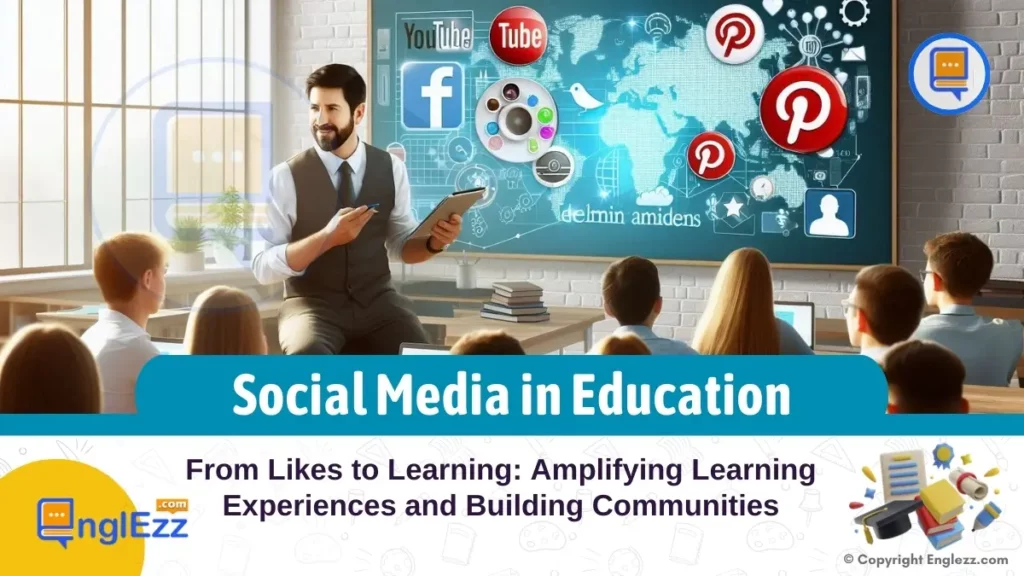
Discover the power of social media in education! Enhance learning experiences and create dynamic educational communities with effective strategies.
The changing landscape of education and the role of social media
In today’s rapidly evolving digital era, the landscape of education has undergone a significant transformation. Traditional classroom settings are no longer the sole avenue for learning, as the integration of technology has opened up new possibilities for education excellence. Among the many technological advancements that have revolutionized the field, social media stands out as a powerful tool that has the potential to reshape the way we learn.
Social media platforms have become integral parts of our daily lives, facilitating connections, information sharing, and collaboration on a global scale. With billions of users worldwide, platforms like Facebook, Twitter, Instagram, and LinkedIn have transcended their initial purpose of social networking and have become invaluable resources for educational institutions, educators, and students.
In this digital age, where information is just a click away, social media offers a unique opportunity to bridge the gap between formal education and the vast world of knowledge available online. It allows for seamless communication and interaction, enabling educators to engage with their students beyond the confines of the classroom walls. Likewise, students can access educational content, connect with peers, and seek guidance from experts in their respective fields, all through the power of social media.
Furthermore, the dynamic nature of social media fosters a sense of community and promotes active participation. This can lead to enhanced student engagement, as learners can now collaborate, discuss, and share ideas with their peers, regardless of geographical boundaries. The ability to connect with like-minded individuals and access diverse perspectives cultivates a rich learning environment, promoting critical thinking and fostering creativity.
In this blog post series, we will explore the various ways social media can be leveraged to achieve education excellence. From utilizing social media for personalized learning experiences to harnessing its potential for professional development in the education sector, we will delve into practical tips, best practices, and case studies that highlight the transformative power of social media in education.
Join us on this journey as we navigate the ever-changing landscape of education and discover how social media can open up a world of possibilities for learners of all ages and backgrounds. Together, let’s harness the potential of social media and unlock the full potential of education in the digital age.
Engaging students through interactive content
Engaging students through interactive content is a powerful way to enhance the learning experience. In today’s digital age, social media platforms offer a wide range of interactive features that can be effectively utilized by educators to captivate their students’ attention and foster active participation.
- One of the key advantages of using social media for educational purposes is the ability to create and share interactive content. From quizzes and polls to videos and live streaming, educators can leverage these features to make learning more dynamic and engaging. For instance, a teacher can create a multiple-choice quiz on a social media platform and encourage students to participate and test their knowledge. This not only makes the learning process more enjoyable but also promotes active learning and critical thinking.
- Furthermore, social media platforms provide opportunities for students to collaborate and interact with their peers. Discussion forums, group chats, and collaborative projects can be facilitated through these platforms, allowing students to exchange ideas, share resources, and learn from one another. This fosters a sense of community and encourages students to actively engage in their education beyond the confines of the classroom.
- Moreover, interactive content on social media can cater to different learning styles and preferences. Visual learners can benefit from infographics and videos, while kinesthetic learners can engage with hands-on activities or interactive simulations. By incorporating diverse forms of interactive content, educators can create a more inclusive and personalized learning environment that caters to the needs of all students.
In conclusion, leveraging social media for educational purposes offers a plethora of opportunities to engage students through interactive content. By utilizing the interactive features available on these platforms, educators can create a dynamic and inclusive learning experience that promotes active participation, collaboration, and knowledge retention. As technology continues to advance, incorporating social media into the education landscape has the potential to revolutionize the way students learn and excel in their educational journey.
The power of collaboration and networking on social media platforms
Social media platforms have revolutionized the way we connect and collaborate with others, and this is especially true in the field of education. The power of collaboration and networking on social media platforms cannot be underestimated when it comes to achieving excellence in education.
One of the key benefits of social media is the ability to connect with educators and experts from around the world. Whether it’s joining Facebook groups dedicated to specific educational topics, participating in Twitter chats with like-minded professionals, or following educational influencers on Instagram, social media provides a wealth of opportunities to network and learn from others.
Through collaboration and networking on social media, educators can share ideas, resources, and best practices. They can engage in meaningful discussions, ask questions, and receive feedback from a diverse community of educators. This exchange of knowledge and experiences can greatly enhance teaching practices and lead to innovative approaches in the classroom.
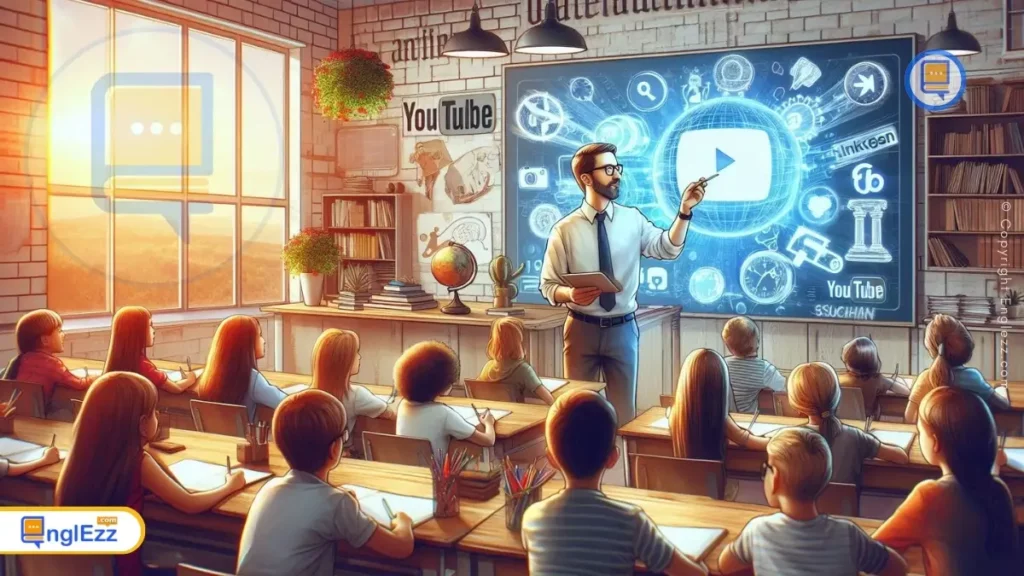
Additionally, social media platforms provide a platform for educators to showcase their work and achievements. By sharing their successes, educators can inspire and motivate others, while also gaining recognition and building their professional reputation. This can open doors to new opportunities for career growth and advancement.
Furthermore, social media can serve as a platform for professional development. Many educational organizations and institutions host webinars, workshops, and conferences that are accessible through social media platforms. These virtual learning opportunities allow educators to expand their knowledge, stay updated on the latest trends and research, and enhance their teaching skills from the comfort of their own homes.
In conclusion, the power of collaboration and networking on social media platforms cannot be overlooked in the pursuit of education excellence. By leveraging social media, educators can connect with a global community of professionals, share ideas and resources, showcase their work, and engage in continuous professional development. Embracing social media as a tool for learning can truly transform education and lead to improved outcomes for both educators and students alike.
Using social media for project-based learning and real-world connections
Social media platforms have become powerful tools for educators to enhance project-based learning and foster real-world connections in the classroom. By incorporating social media into their teaching strategies, educators can create engaging and interactive learning experiences for their students.
One way to leverage social media for project-based learning is by having students collaborate on group projects using platforms such as Google Classroom, Microsoft Teams, or even dedicated project management tools like Trello. These platforms allow students to work together, share resources, and communicate effectively, even if they are not physically present in the same location. Students can exchange ideas, provide feedback, and collaborate on assignments, fostering a sense of teamwork and enhancing their problem-solving skills.
Furthermore, social media provides students with the opportunity to make real-world connections. Educators can encourage students to follow industry professionals, experts, and organizations related to the subject they are studying. By doing so, students gain insights into real-world applications of their learning and can engage in discussions with professionals in the field. This exposure to real-world perspectives helps students understand the relevance of their education and encourages them to think critically and creatively.
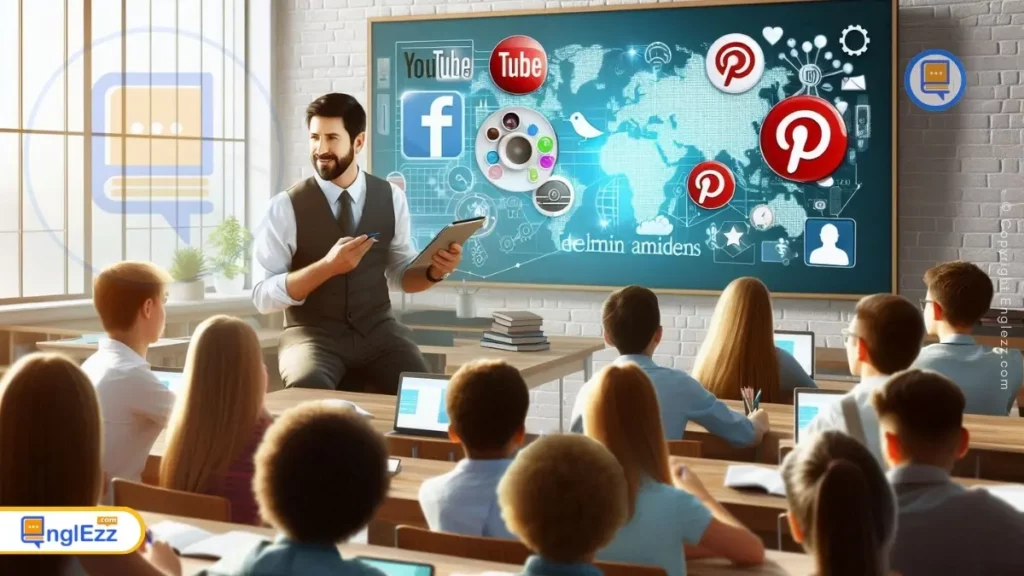
In addition, social media platforms can serve as a platform for students to showcase their work and receive feedback from a wider audience. Students can create blogs, vlogs, or social media accounts dedicated to sharing their projects, research findings, or creative works. This not only boosts their confidence but also allows them to receive constructive criticism and input from peers, educators, and even professionals in the field. Such interactions help students refine their work, cultivate digital literacy skills, and develop a professional online presence.
By leveraging social media for project-based learning and real-world connections, educators can create a dynamic educational environment that engages students, promotes collaboration, and prepares them for the challenges of the digital age. It bridges the gap between the classroom and the real world, allowing students to apply their knowledge in meaningful ways and fostering a lifelong love for learning.
Utilizing social media for personalized learning experiences
Social media platforms have become an integral part of our daily lives, often serving as a source of entertainment, connection, and information. However, their potential for educational purposes goes beyond simply scrolling through news feeds. By harnessing the power of social media, educators can create personalized learning experiences that cater to the unique needs and interests of their students.
One of the key advantages of utilizing social media for personalized learning is the ability to engage students in a familiar and interactive environment. Platforms like Facebook, Twitter, and Instagram offer features that allow educators to share educational content, initiate discussions, and provide timely feedback. This enables students to actively participate in their learning journey and develop a deeper understanding of the subject matter.
Furthermore, social media platforms provide opportunities for collaborative learning and peer-to-peer interactions. Students can form virtual study groups, share resources, and engage in meaningful conversations related to their coursework. This not only enhances their understanding of the topic but also cultivates important skills such as communication, critical thinking, and collaboration.
Additionally, the use of social media encourages students to take ownership of their learning. Through personalized accounts or educational hashtags, students can curate and share content that aligns with their interests and learning goals. This empowers them to explore beyond the confines of traditional classroom materials, fostering a sense of autonomy and curiosity.
Moreover, social media platforms offer a wealth of educational resources and communities. Educators can leverage these networks to connect with other professionals, access cutting-edge research, and discover innovative teaching methodologies. By staying abreast of the latest trends and insights, educators can enrich their teaching practices and provide students with a well-rounded and contemporary education.
In conclusion, harnessing the potential of social media for personalized learning experiences can revolutionize the educational landscape. By integrating these platforms into their teaching strategies, educators can create engaging, collaborative, and student-centered environments. As we move forward in the digital age, embracing social media as a tool for educational excellence is not only beneficial but essential for preparing students for the challenges and opportunities of the future.
Overcoming challenges and ensuring online safety in social media-based education
In today’s digital age, social media has become an essential tool for education. It allows educators to engage with students in innovative ways and provides a platform for collaborative learning. However, leveraging social media for education excellence comes with its own set of challenges, particularly when it comes to online safety.
- One of the main challenges educators face is ensuring a safe and secure online environment for students. With the increasing prevalence of cyberbullying and online predators, it is crucial to establish guidelines and protocols to protect students from potential harm. This includes teaching students about online privacy, responsible online behavior, and the importance of reporting any suspicious or inappropriate activities.
- Additionally, educators must navigate the complex landscape of social media platforms and their ever-changing features. Each platform has its own set of privacy settings and terms of service, which can be overwhelming to understand and implement effectively. It is vital for educators to stay up-to-date with the latest developments in social media and educate themselves on how to use these platforms safely and responsibly.
- Another challenge is striking the right balance between educational content and potential distractions on social media. While social media can be a valuable tool for learning, it can also be a source of endless scrolling and time-wasting. Educators need to find creative ways to keep students engaged and focused on educational content while minimizing distractions.
- Furthermore, it is crucial to address the issue of accessibility. Not all students may have equal access to social media platforms or the internet in general. Educators should consider alternative methods of communication and ensure that no student is left behind due to technological limitations.
Overcoming these challenges requires a proactive and collaborative approach. Educators, students, parents, and administrators must work together to establish clear guidelines, provide training on online safety, and regularly monitor and evaluate the use of social media in education.
By addressing these challenges and prioritizing online safety, educators can unlock the full potential of social media for education excellence. It offers a unique opportunity to engage students, foster creativity, and create a vibrant online learning community that extends beyond the limits of the traditional classroom.
Best practices for educators in leveraging social media for educational excellence
In today’s digital age, social media has become an integral part of our daily lives. It has not only revolutionized the way we connect and communicate but has also opened up new avenues for educational excellence. Educators worldwide are now leveraging social media platforms to enhance their teaching practices and engage with students in innovative ways.
One of the best practices for educators in leveraging social media for educational excellence is to create a professional presence on platforms such as Twitter, LinkedIn, and even Instagram. By establishing a dedicated account, educators can connect with other professionals in the field, share resources, and stay updated with the latest trends and research. This creates a network of like-minded individuals who can collectively contribute to the growth and development of education.
Another key practice is to utilize social media as a platform for continuous learning. Educators can follow educational influencers, join online communities, and participate in Twitter chats or Facebook groups related to their subject area or teaching methodologies. This provides access to a wealth of knowledge and expertise, allowing educators to stay informed about emerging pedagogical practices and incorporate them into their classrooms.
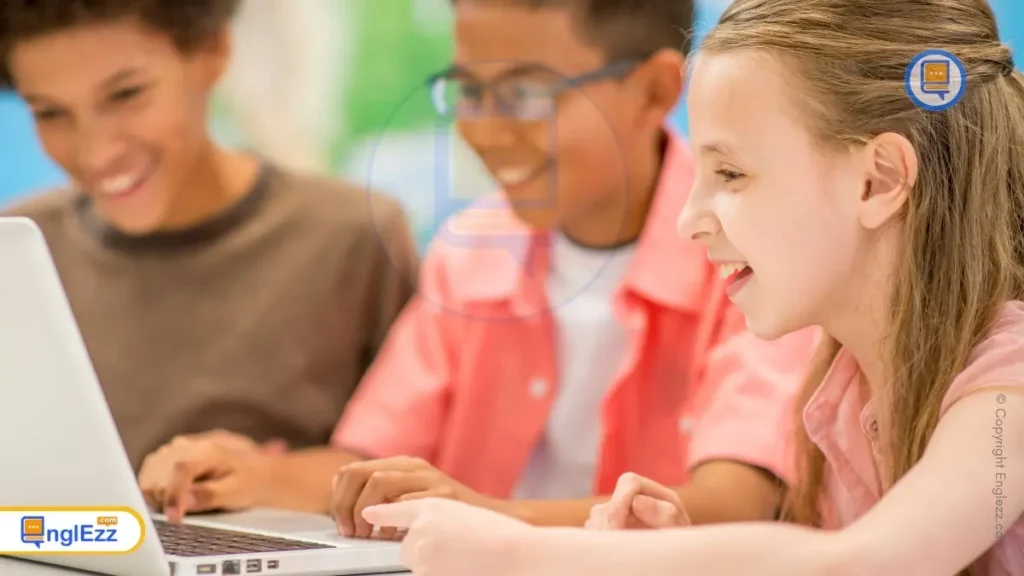
Social media can also be leveraged as a tool for student engagement. Educators can create class accounts or groups where they can interact with their students, share educational content, and facilitate discussions. Platforms like YouTube can be utilized to create and share educational videos, while platforms like TikTok can be used for short, engaging tutorials or fun classroom challenges. By meeting students where they are, educators can foster a sense of community and make learning more interactive and accessible.
Furthermore, social media can serve as a platform for showcasing student work and achievements. Educators can create hashtags or dedicated pages to curate and share student projects, artwork, or research findings. This not only boosts student motivation and confidence but also provides a broader audience for their work, fostering a sense of pride and accomplishment.
It’s essential, however, to exercise caution and adhere to privacy and safety guidelines while leveraging social media in education. Educators should ensure they have the necessary permissions and consent from students and their parents before sharing any content. They must also educate students about digital citizenship, responsible online behavior, and the potential risks associated with social media.
By implementing these best practices, educators can harness the power of social media to transform traditional educational practices into dynamic and engaging learning experiences. From networking with peers to continuous professional development and student engagement, social media has the potential to revolutionize education, creating a new era of educational excellence.
Case studies: Success stories of schools Using Social Media in Education
In today’s digital age, social media has become a powerful tool for educators and schools to enhance their teaching practices and engage with students and parents. Let’s dive into some inspiring case studies that showcase how schools and educators have leveraged social media effectively to achieve educational excellence.
Case Study 1: Jefferson High School
Jefferson High School, a public school in a small town, used social media as a platform to showcase their students’ achievements and highlight their innovative teaching methods. By creating a dedicated Facebook page and Instagram account, they regularly shared updates, pictures, and videos of students participating in various activities, such as science fairs, sports events, and cultural festivals. This not only fostered a sense of pride within the school community but also attracted the attention of prospective students and parents, leading to an increase in enrollment.
Case Study 2: Mrs. Anderson, English Teacher
Mrs. Anderson, an English teacher at Oakridge Middle School, utilized social media to create an interactive learning environment for her students. She established a private Facebook group for her class where students could ask questions, share resources, and engage in discussions outside the classroom. This virtual space not only encouraged collaboration and peer learning but also allowed Mrs. Anderson to provide timely feedback and additional resources. The integration of social media into her teaching methodology resulted in improved student engagement, enhanced communication, and ultimately, better academic performance.
Case Study 3: Eastwood Elementary School
Eastwood Elementary School implemented a comprehensive social media strategy to strengthen their connection with parents and the wider community. They used platforms like Twitter and YouTube to share updates on school events, showcase student projects and achievements, and provide educational resources for parents to support their child’s learning at home. This proactive approach not only fostered a sense of transparency and trust but also created a strong partnership between the school and parents, leading to increased parental involvement and support.
These case studies demonstrate the immense potential of social media in education. By effectively utilizing these platforms, schools and educators can create a positive online presence, foster engagement and collaboration, and ultimately, enhance the overall educational experience for students. So whether you’re a teacher, school administrator, or educational institution, it’s time to harness the power of social media and take your educational practices to new heights.
Tips for students on responsible social media use for educational purposes
In today’s digital age, social media has become an integral part of students’ lives. While it offers a platform for entertainment and socializing, it can also be a powerful tool for educational purposes. However, responsible social media use is key to ensuring that students harness its potential for learning excellence.
- First and foremost, it is crucial for students to understand the importance of maintaining a positive online presence. What you share on social media can leave a lasting impression on potential employers, scholarship committees, or even future academic institutions. Therefore, think twice before posting anything that could be deemed inappropriate or unprofessional.
- Another essential tip for students is to curate their social media feed to enhance their educational experience. Follow accounts that share educational content, such as academic institutions, subject matter experts, or educational bloggers. By surrounding yourself with relevant and informative content, you can transform your social media platforms into a valuable source of knowledge and inspiration.
- Engaging in meaningful discussions is another way students can leverage social media for educational purposes. Join online communities or groups that align with your academic interests or areas of study. Participating in these communities will not only expose you to different perspectives and ideas but also provide an opportunity to connect with like-minded individuals who share your passion for learning.
- Additionally, students should utilize social media platforms to expand their professional network. Connect with professors, industry professionals, or alumni who may offer valuable insights or mentorship opportunities. Engaging with these individuals through social media can open doors to internships, research opportunities, or even future career prospects.
- Lastly, it is crucial for students to practice digital citizenship and maintain online etiquette. Respect others’ opinions, engage in constructive discussions, and avoid spreading misinformation. By being responsible digital citizens, students can contribute positively to the online community and foster an environment conducive to learning and growth.
In conclusion, social media can be a powerful tool for educational purposes when used responsibly. By curating your feed, engaging in meaningful discussions, expanding your network, and practicing digital citizenship, you can harness the potential of social media to excel in your educational journey. Remember, with great power comes great responsibility, and responsible social media use can pave the way to educational excellence.
The future of Social Media in Education and its potential impact on learning
The future of social media in education is brimming with potential, offering a myriad of opportunities to revolutionize the way we learn. As technology continues to advance at an unprecedented pace, it is becoming increasingly evident that social media platforms can play a vital role in enhancing education excellence.
One of the key advantages lies in the ability of social media to foster collaboration and connectivity among students, educators, and experts from around the world. Through online forums, virtual classrooms, and specialized groups, learners can engage in meaningful discussions, share ideas, and gain diverse perspectives on various subjects. This global exchange of knowledge transcends geographical boundaries and allows students to broaden their horizons like never before.
Furthermore, social media platforms offer an abundance of multimedia content, including videos, podcasts, and interactive tools, which can enhance the learning experience. These platforms provide educators with the opportunity to create engaging and interactive lessons that cater to different learning styles, making education more accessible and enjoyable for students.
Another exciting aspect is the potential for personalized learning experiences through adaptive technologies. With the help of artificial intelligence and machine learning algorithms, social media platforms can analyze students’ preferences, strengths, and weaknesses to deliver tailored content and recommendations. This individualized approach empowers learners to progress at their own pace and focus on areas that require attention, optimizing their overall learning outcomes.
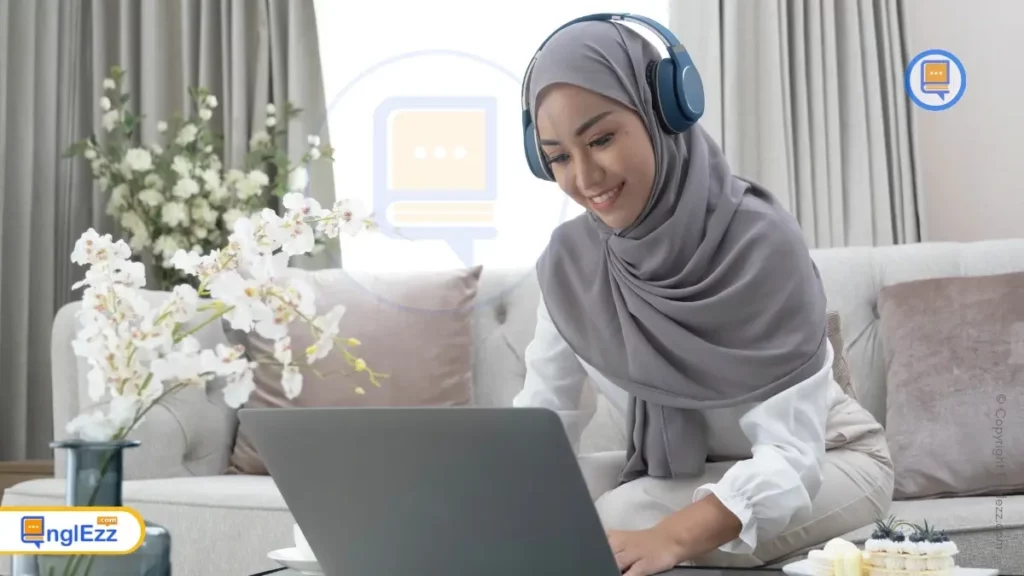
Moreover, social media enables educators to stay updated with the latest trends, research, and instructional strategies in their respective fields. They can join professional networks, attend virtual conferences, and participate in online courses to continuously enhance their teaching methodologies. By staying connected with a vast network of experts and peers, educators can collaborate, exchange ideas, and implement innovative practices to ensure their students receive a top-notch education.
However, while the future of social media in education holds immense promise, it is crucial to address concerns regarding privacy, online safety, and the authenticity of information shared on these platforms. Proper guidelines and regulations must be in place to protect students and ensure the integrity of educational content.
Wrapping Up
Social media has the potential to reshape the landscape of education and elevate learning to new heights. By embracing these digital platforms, educators can leverage the power of connectivity, collaboration, and personalized learning to foster education excellence. The future holds exciting possibilities, and it is up to us to harness the potential of social media to create a brighter and more inclusive future for learners worldwide.
We hope you found our blog post on leveraging social media for education excellence informative and inspiring. Social media has become an integral part of our daily lives, and it holds immense potential for enhancing educational experiences. By shifting our perspective from seeking likes to prioritizing learning, we can unlock a world of possibilities for both educators and students.
Embracing social media in education as a tool for collaboration, engagement, and knowledge sharing can revolutionize the way we approach education. Let’s harness the power of social media to create a future where learning knows no boundaries.

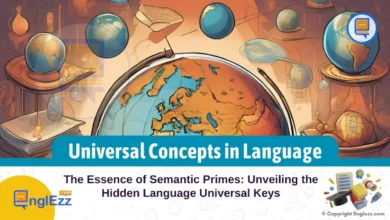


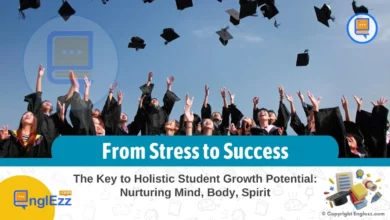

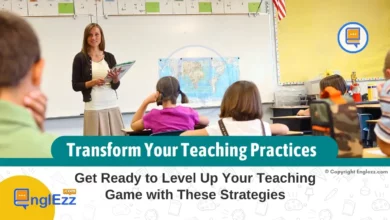

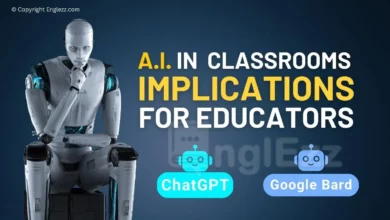
Discover the power of social media in education! Enhance learning experiences and create dynamic educational communities with effective strategies.
Its like you read my mind You appear to know so much about this like you wrote the book in it or something I think that you can do with a few pics to drive the message home a little bit but instead of that this is excellent blog A fantastic read Ill certainly be back